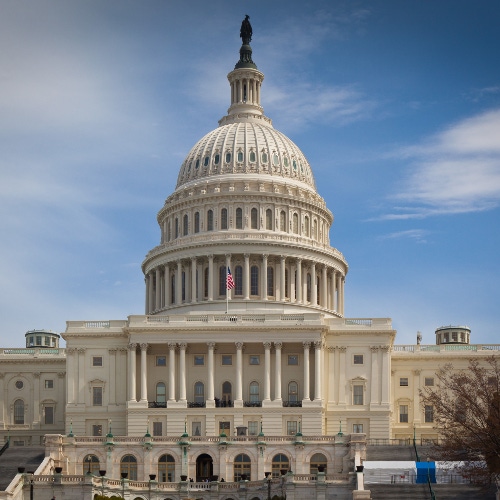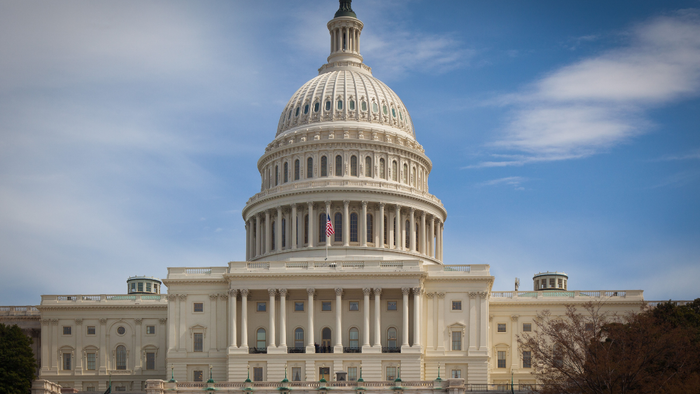The Broadband Grant Tax Treatment Act is a high priority for Internet service providers hoping to participate in the BEAD fund.

US Senators Mark Warner (D-VA) and Jerry Moran (R-KS) on Thursday reintroduced the Broadband Grant Tax Treatment Act: a piece of legislation that would exempt broadband grants from the Infrastructure Investment and Jobs Act, American Rescue Plan and Tribal Broadband Connectivity Fund from being treated as taxable income.
The bill was first introduced last year, under a different Congress, with bipartisan support in the House and Senate. While it still has bipartisan support, its future is slightly less certain with Republicans in charge of the House, given that the law is being created to undo a tax law change that took effect with the 2017 Tax Cuts and Jobs Act, signed by former President Donald Trump.
Figure 1:  (Source: Inge Johnsson/Alamy Stock Photo)
(Source: Inge Johnsson/Alamy Stock Photo)
Still, passing the law is a high priority for Internet service providers (ISPs) hoping to participate in the $42.5 billion Broadband, Equity, Access and Deployment (BEAD) program.
Last year, several industry groups including USTelecom, CTIA, NTCA–The Rural Broadband Association and others sent a letter to Congress warning that, under current tax law, broadband providers will be required to return "as much as 21 percent" of their grants, leaving "millions of Americans without access to the broadband they were promised."
The Broadband Grant Tax Treatment Act would fix that.
According to the legislative text, the new law would mandate that "[g]ross income shall not include any qualified broadband grant made for purposes of broadband deployment." Further, should the law pass in its current state, it would apply retroactively "to amounts received in taxable years ending after March 11, 2021."
Industry support
Representatives from the aforementioned industry groups shared supportive statements in a press release about the bill's reintroduction.
"To achieve universal connectivity, Congress must eliminate this unnecessary tax to ensure that federal resources remain in the communities they seek to serve," said Brandon Heiner, SVP of government affairs at USTelecom. "If Congress is serious about achieving universal connectivity, they should ensure that 100 percent of broadband grants go toward that goal,"
"It is critical that all broadband grant funds go toward their intended purpose of network deployment," said Shirley Bloomfield, CEO of NTCA–The Rural Broadband Association. "NTCA is proud to support the Broadband Grant Tax Treatment Act, and on behalf of our members, I want to thank Senators Warner and Moran for reintroducing the bill. This legislation will maximize the impact of every dollar granted for broadband deployment and further the mission of getting every American connected."
It's worth noting that the bill has support from some Republicans who voted for the Tax Cuts and Jobs Act in 2017, which this law is set to amend. They include Moran, as well as bill co-sponsor Sen. Roger Wicker (R-MS).
"The federal government should be lowering barriers to high speed internet access, not raising them," Wicker said in a press release. "Taxing grants for broadband expansion only reduces their impact and penalizes providers who are working to close the digital divide."
Related posts:
— Nicole Ferraro, editor, Light Reading, and host of "The Divide" podcast.
About the Author(s)
You May Also Like











